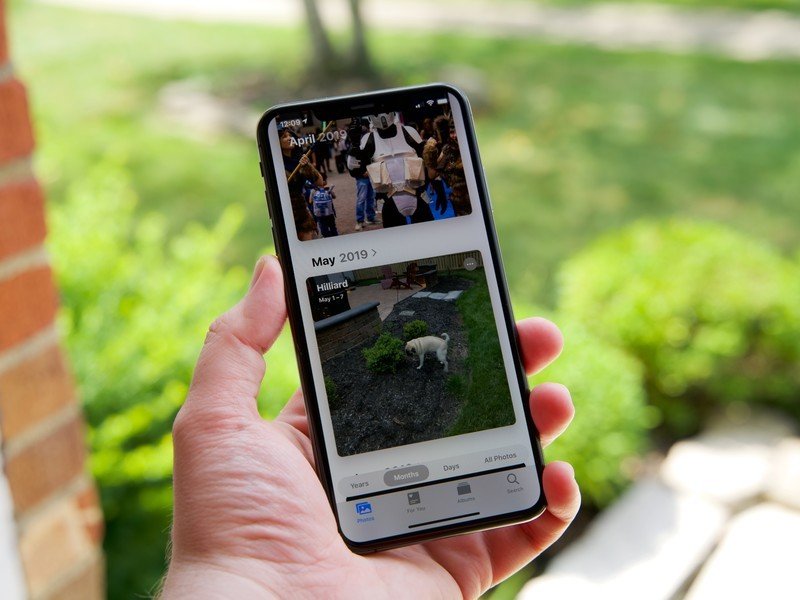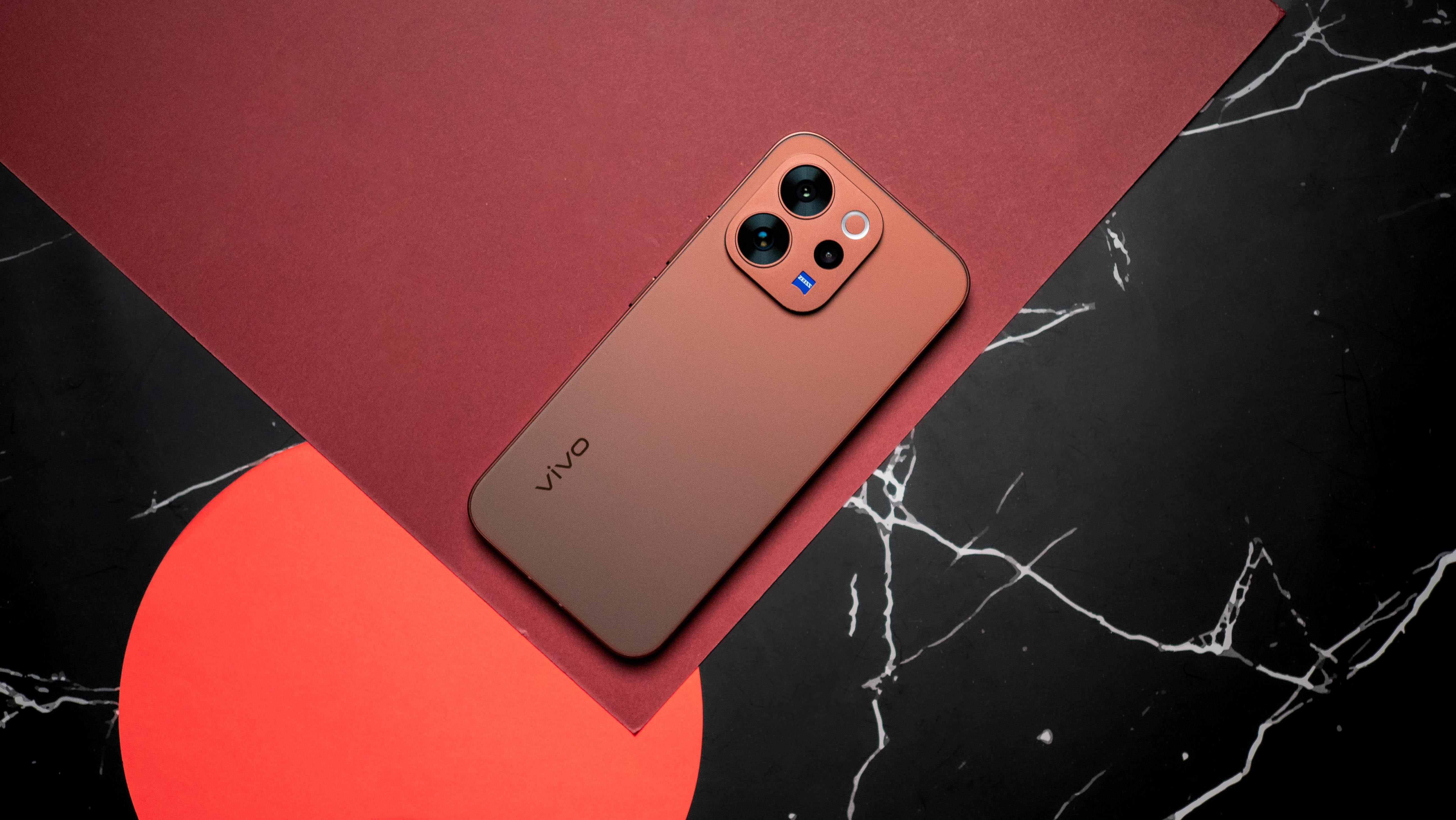iOS 14 brings two privacy features that need to come to Android

Get the latest news from Android Central, your trusted companion in the world of Android
You are now subscribed
Your newsletter sign-up was successful
Apple showed off iOS 14 during its WWDC online event, and most of the focus was on the new look of the operating system. It's great that iPhone users will get a chance to have some of the features Android users have loved for years, but there were also some things that didn't get as much fanfare but are pretty important.
Most developers aren't trying to steal your information.
Two of those things have to do with how you can protect your personal data from apps. Now I think that most app developers, whether they build for iOS or Android or both, are trying to make an honest living doing something they love.
But sometimes, a developer can go too far and grab too much of our personal information. That data can be sold or used as part of a campaign for targeted ads or something even worse. It's important to make sure a developer has the data they need, but no more than that.
IOS 14 addresses this in two ways, and I hope both come to Android in the future: App Store listings now have more information about what an app is collecting, and you can limit how your photos are shared.
If you look at a listing in the Play Store you'll see things like the Developer's business name, an age rating, a (hopefully) detailed description of what the app does, and you should see a link to the developer's privacy policy.
Privacy notes are best read before you install anything.
All this is good stuff and things we need to know before we install any app on our phones. You might also see a list of permissions if the app was designed for an older version of Android or see the app request permissions when you first run it. Part of iOS 14 was a change in the App Store that gives users even more information by way of what Apple calls a privacy summary.

The privacy summary tells you the privacy practices from the developer, including information like how the app could track you and any data the app collects. You get this information in plain language instead of legalese and you have a good picture of what you're giving to the developer before you download and install it.
Get the latest news from Android Central, your trusted companion in the world of Android
No app developer needs full access to all of your photos.
It would be great to see Google make a similar requirement for Google Play and make sure it's easy to read and understand so we might actually read it before we tap that install button.
A second privacy feature in iOS 14 could be game-changing: users have the ability to share "only selected items" from their photo library with an app. That means you don't have to worry that a developer has access to pictures you might not want to be shared, but more importantly, it's a step towards a permission model that can expand beyond photos. Imagine having the ability to share only your work contacts from your address book or only a select few documents of any kind with any app.
This can drastically cut down on the amount of unnecessary data we share with developers, and that's good for both parties; developers don't have to sort or store or follow privacy rules on data they don't need, and we can keep it private.
On the surface, these changes seem small, but it's often the case that small things have the most impact. I'd love to know more about what data a developer is wanting and how they plan to use it just by looking at a listing in the play store, and deciding exactly what data to share sounds like simple common sense. Let's hope these come to Android in the future!

Jerry is an amateur woodworker and struggling shade tree mechanic. There's nothing he can't take apart, but many things he can't reassemble. You'll find him writing and speaking his loud opinion on Android Central and occasionally on Threads.
